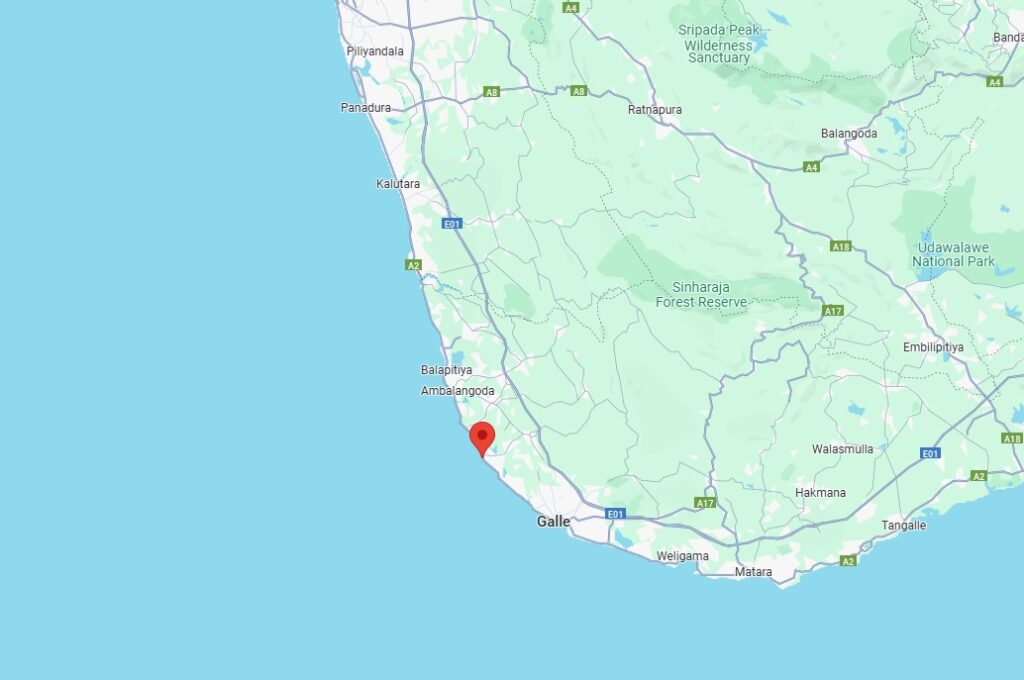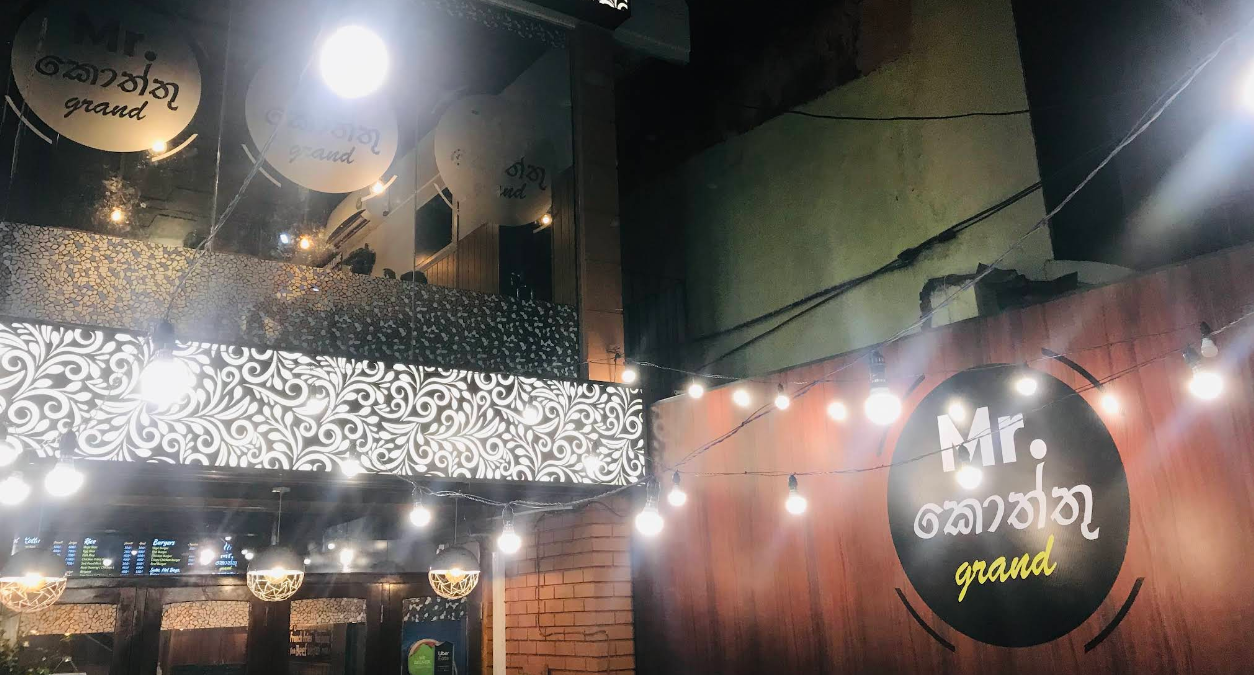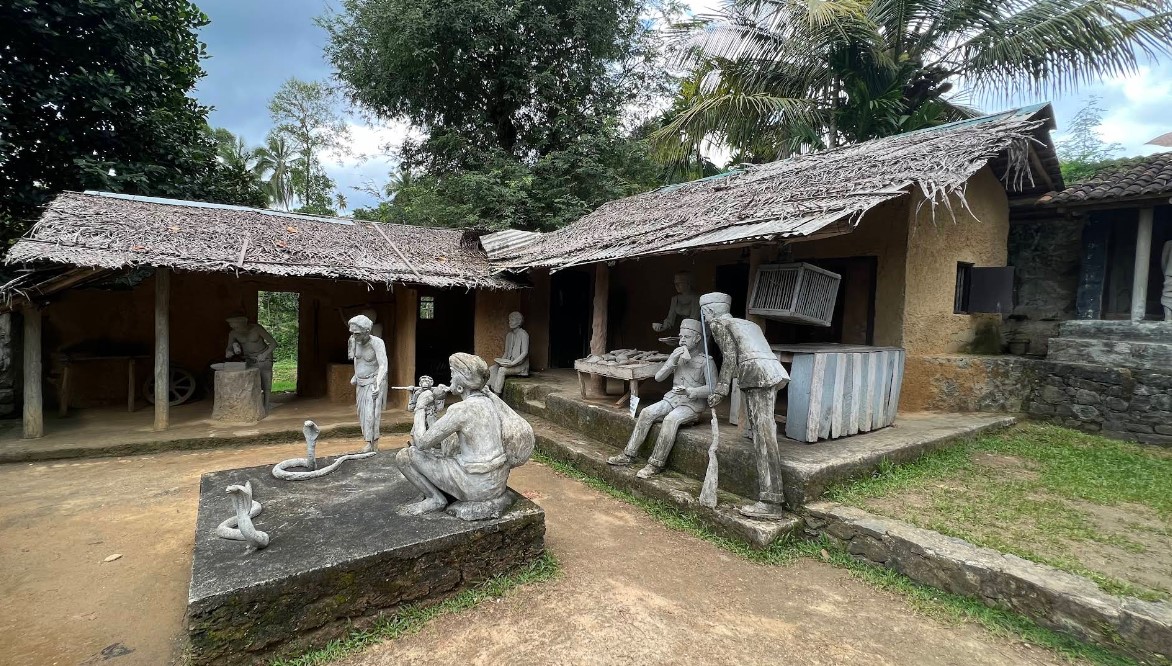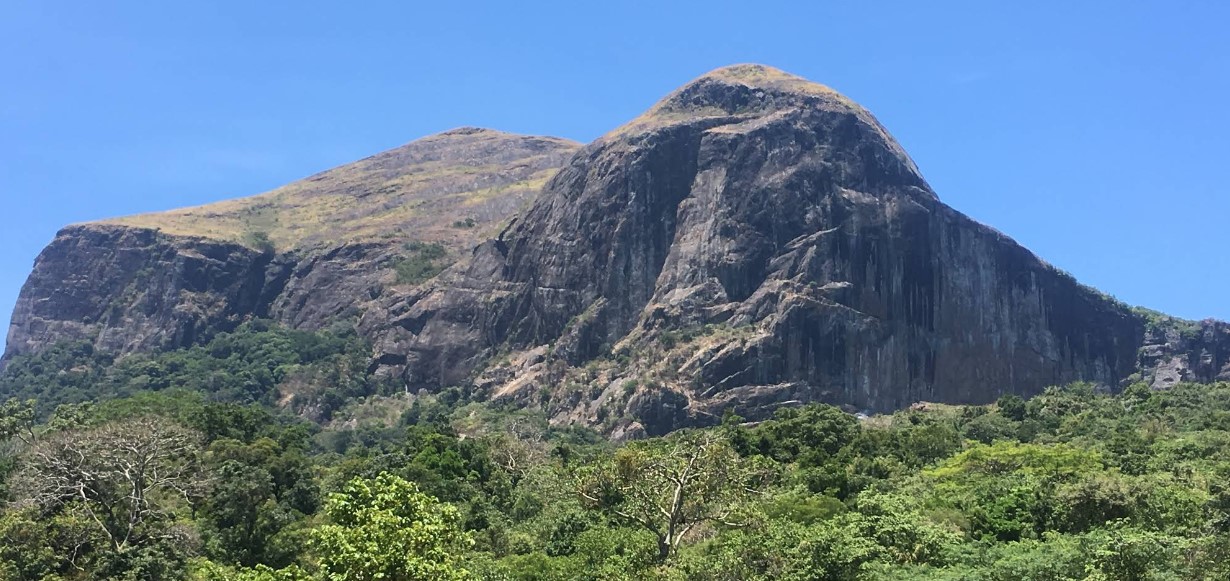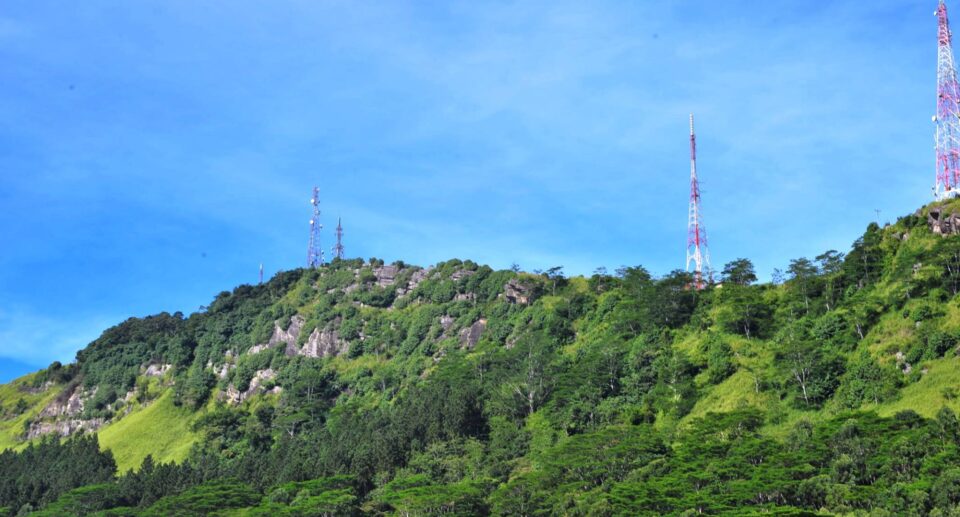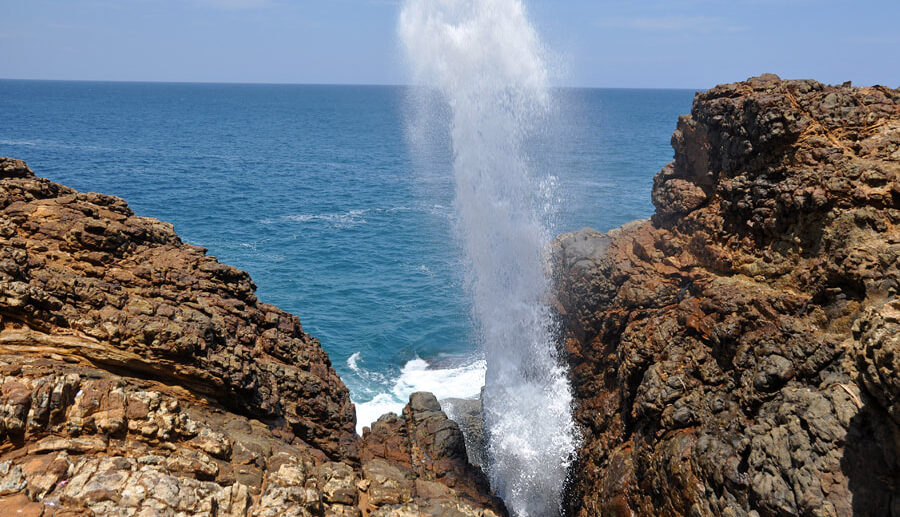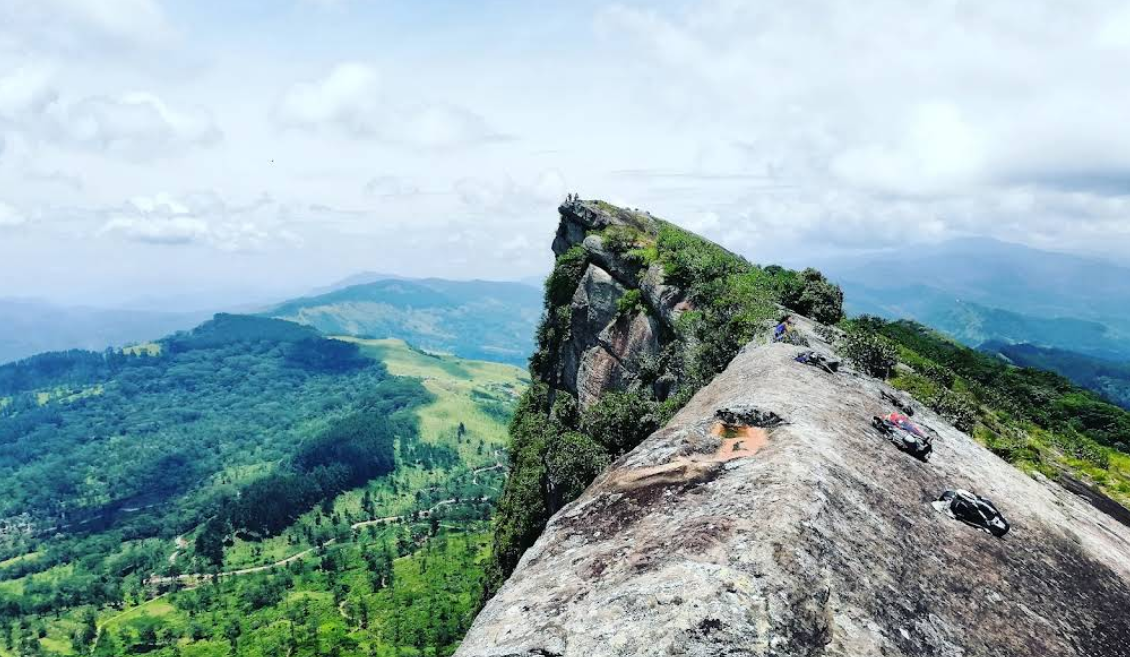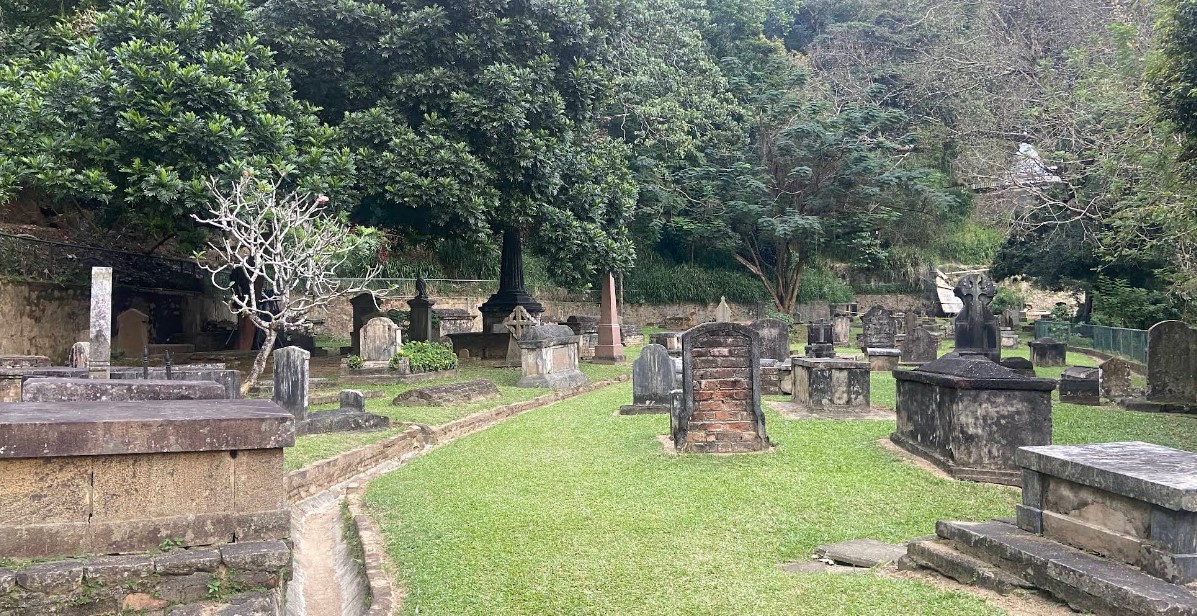Hikkaduwa Beach: A Tropical Paradise on Sri Lanka’s Southern Coast
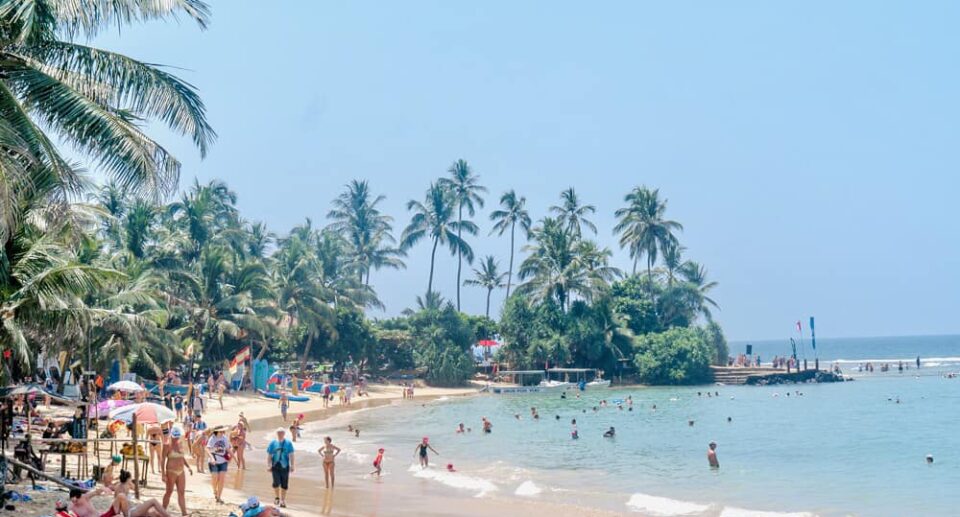
Located on Sri Lanka’s southern coast, Hikkaduwa Beach is one of the nation’s more crowded and vibrant beach resorts. Located in the Galle District, around 100 kilometers from Colombo, Hikkaduwa has long been famous for its golden shores, coral reefs, surfable waves, and vibrant culture. It is a town where tradition clashes with tourism and where the majesty of the Indian Ocean is felt in each wave and each breeze. From being a tranquil fishing village to a tourist paradise, Hikkaduwa is both the face of the new Sri Lanka and the eternal beauty of its landscapes.
Historical Background
Hikkaduwa has a long tradition connected with the fishing industry as well as marine conservation. The local economy before tourism was involved in fishing, cinnamon cultivation, and small-scale agriculture. In the 1960s and 70s, when Sri Lanka opened up to international tourism, Hikkaduwa gained popularity among European and Australian backpackers and surfers.
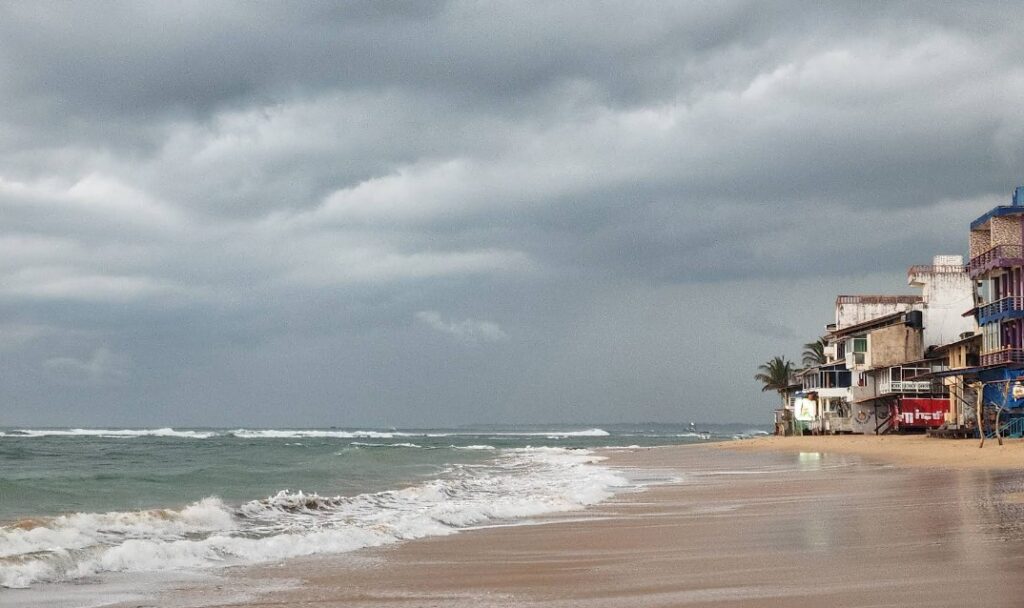
The area soon developed a reputation for its laid-back ambiance and became one of the first major beach resorts in Sri Lanka. It soon became part of the widely visited “hippie trail,” with bohemian tourists seeking sun, sea, and culture. The beach has evolved over the years with new facilities but has still been able to preserve much of its natural beauty.
Geography and Natural Features
Hikkaduwa Beach is a few kilometers along the southwest coast, approximately 17 kilometers northwest of Galle Fort. Golden soft sand, shallow sloping beach, and blue sparkling waters describe the beach. Sheltered by a coral reef and a shallow lagoon, the beach is ideal for swimming and snorkeling.
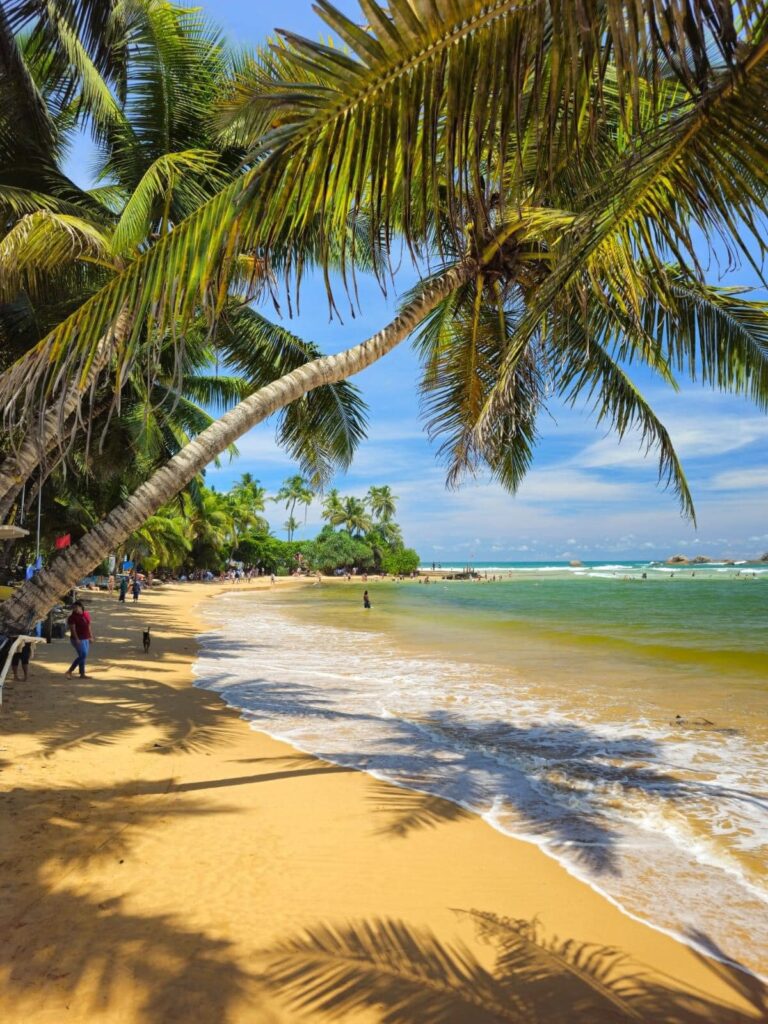
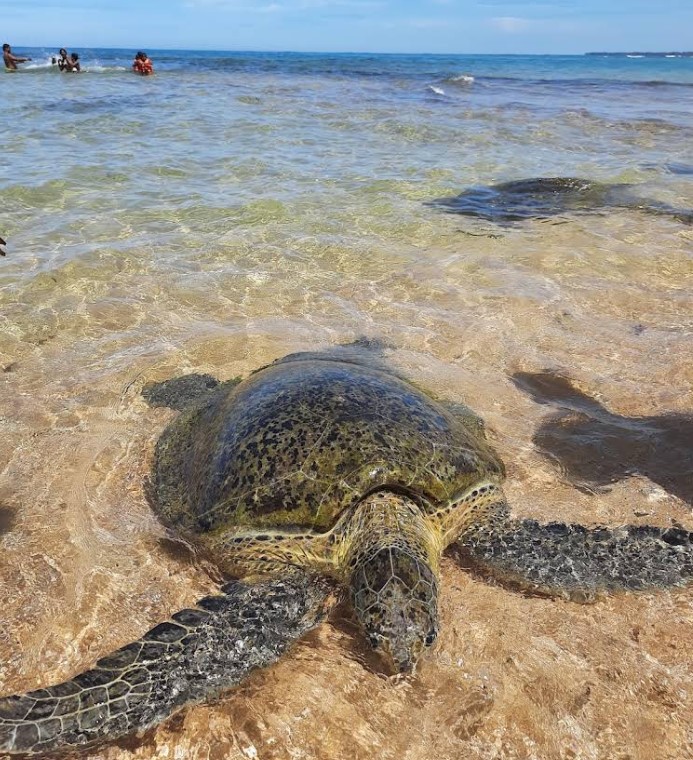
One of the features of Hikkaduwa is the Hikkaduwa Coral Sanctuary, located in the Hikkaduwa National Park, which is inhabited by over 70 species of colorful coral and numerous species of tropical fish, sea turtles, and invertebrates. Glass-bottom boat tours, snorkeling excursions, and diving excursions offer close contact with this bio-diverse marine community.
The waves outside the reef location are perfect for surfing, enticing beginner and regular surfers of all kinds around the year-round season. Hikkaduwa’s range of natural attractions serves as a fascinating beach destination providing sustenance for multiple interests relaxation for beach-going individuals, sportsmen and sportswomen, etc.
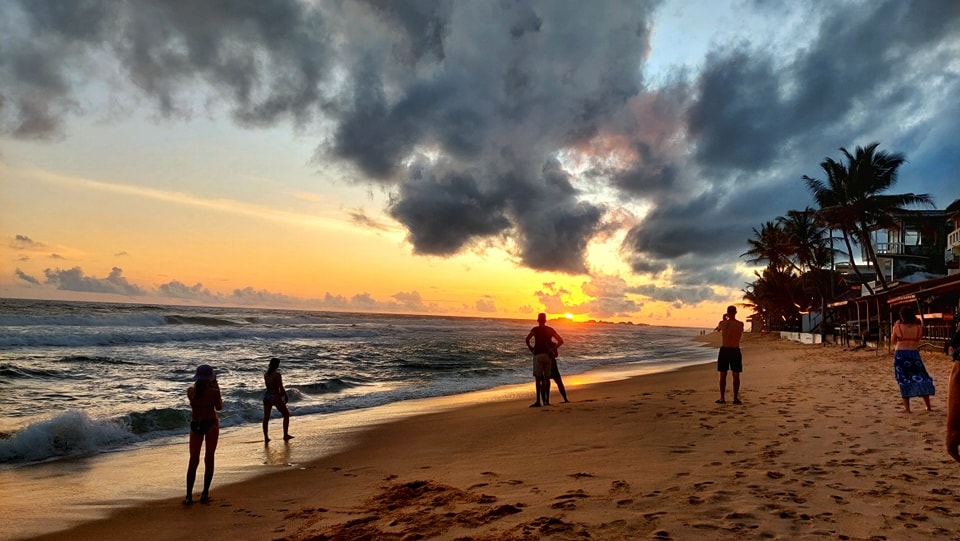
Tourism and Local Economy
Tourism constitutes the core of the modern-day economy of Hikkaduwa. The town on the beach is dominated by restaurants, hotels, guesthouses, cafes, souvenir shops, water sports clubs, and such like. Tourists come to Hikkaduwa from all over the world to sunbath, surf, snorkel, and indulge in beach life. Locals have been taking advantage of the tourist economy through working in the hotel industry, tour operators, handicraft, and the sea food industry.
Local handicraft makers and craftsmen sell batik material, wood carvings, and ornaments to travelers. There is a mix of international and Sri Lankan cuisine offered in restaurants, often including fresh sea food caught earlier that day.
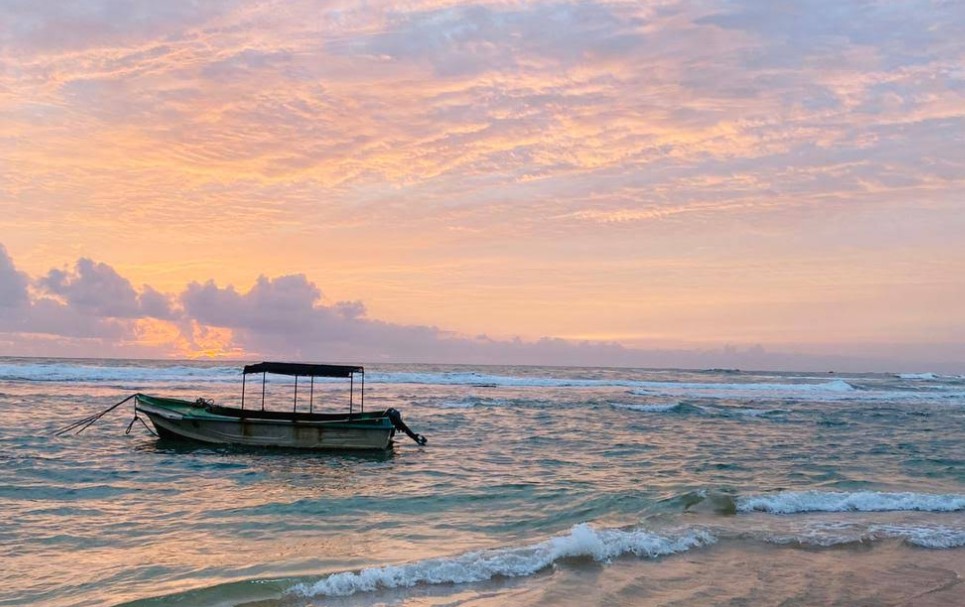
Hikka Fest, a beach music and culture festival, and other activities have added to the town’s popularity, positioning it as a ‘stopover’ on the tourism circuit of Sri Lanka.
Culture and Community
Despite the increase in tourism, Hikkaduwa retains much of its local culture. Miniature temples, old fishing boats (oruwa), and the daily rituals of life along the coast are a glimpse of the community’s way of life. Tourists often get to speak with friendly locals who are renowned for their hospitality.
One of the most well-known cultural attractions is the Seenigama Devalaya, a sea temple dedicated to the god Devol. Lying on a tiny island off the shore of Hikkaduwa, the temple is believed to protect sailors and fishermen and is visited by locals and tourists who want blessings.
The combination of Sinhala Buddhist culture, seaculture, and modern-day tourism creates a unique social texture where the old and new fuse together.
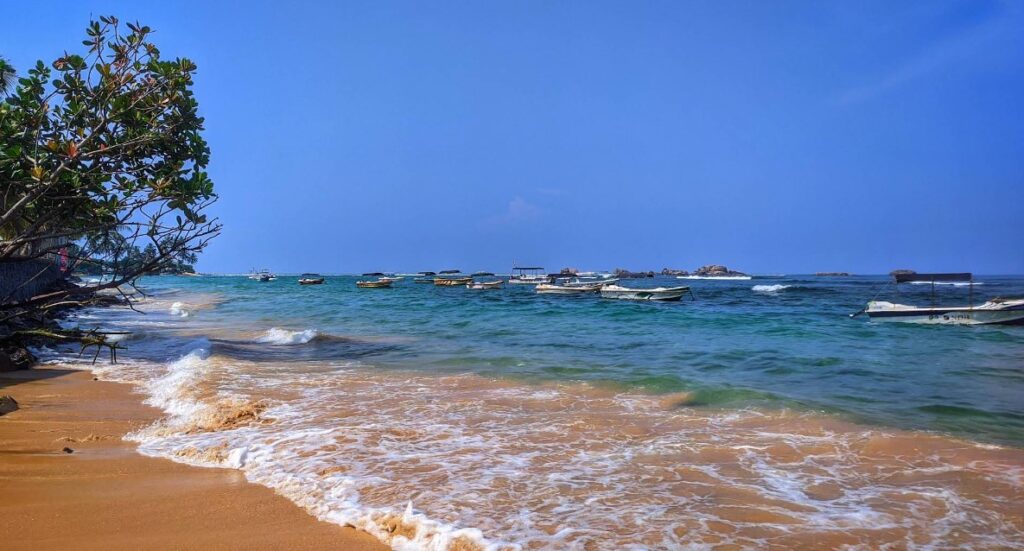
Environmental Issues and Conservation
Though there have been economic benefits from tourism, there have also been environmental problems. Coral reefs, once healthy and full of color, have suffered from coral bleaching, pollution, overfishing, and irresponsible tourism. To combat this, efforts have been made at reversing bleached coral, regulating water sports, and instituting sustainable tourism.
NGOs and organizations work together with the government to educate locals and tourists alike regarding marine conservation. Activities such as snorkeling responsibly, beach cleaning, and reef monitoring have been carried out to maintain Hikkaduwa’s fragile environment.
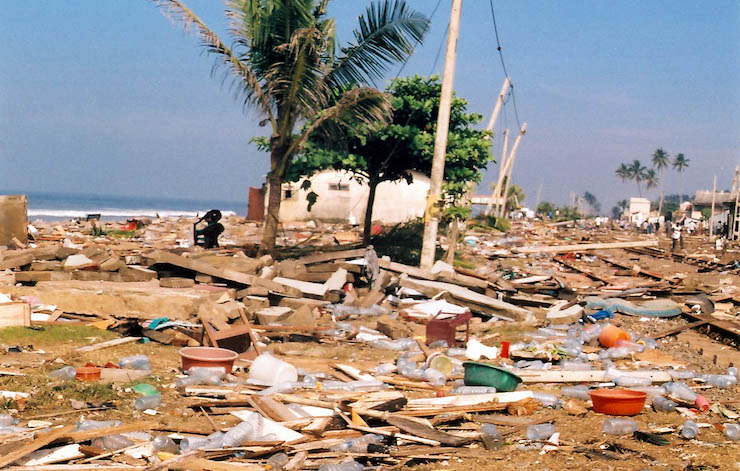
The 2004 Indian Ocean tsunami also left its mark in Hikkaduwa. The coastal strip was severely damaged, but it recovered rapidly because of the resilience of the local people and foreign assistance. This tragedy also opened eyes to the necessity for coastal protection and environmental planning.
Water Sports and Recreation
Hikkaduwa is renowned for its wide range of water sports and recreational activities:
Surfing: There are a number of surf points for all levels. Peak season is November to April.
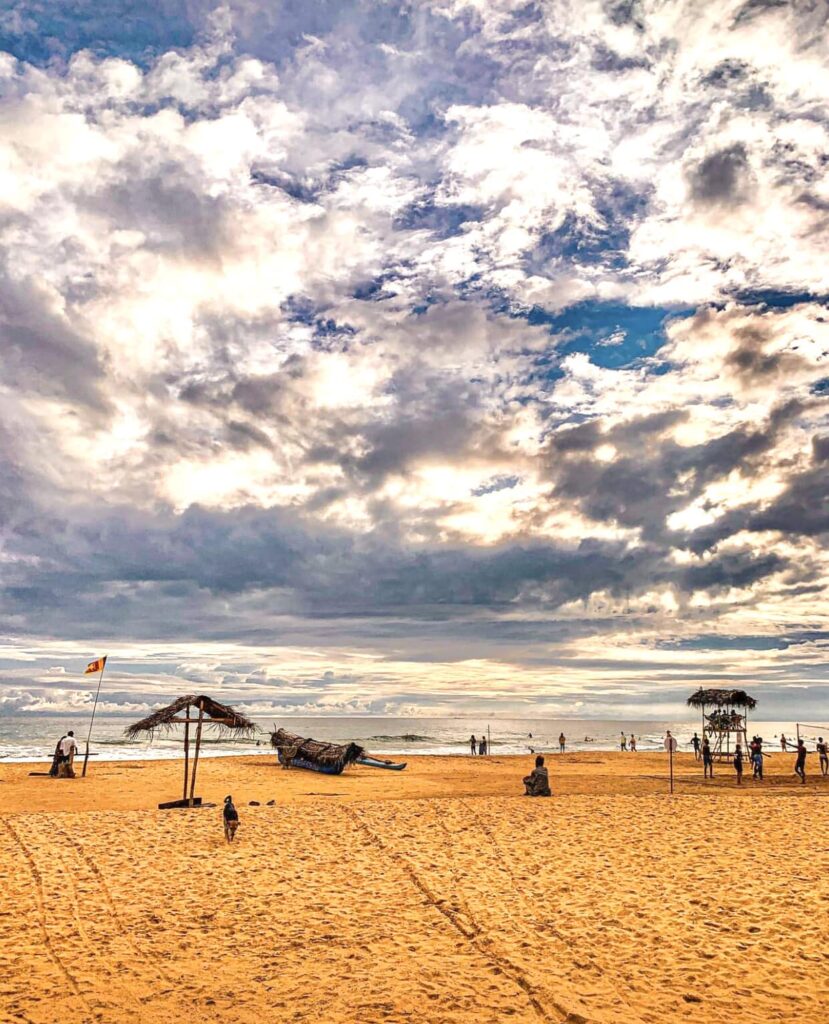
Snorkeling and Diving: Coral gardens close to the shore provide great snorkeling, while offshore dive sites have shipwrecks and deep-sea marine life.
Turtle Watching: There are a number of areas on the beach that are visited by green and hawksbill turtles, which can be seen close to the shore or at turtle hatcheries.
For less frenetic activities, yoga centers, Ayurvedic spas, and beachfront cafes offer wellness and calm experiences.
Accessibility and Infrastructure
Hikkaduwa is accessible by: Train: Hikkaduwa is connected to Colombo by the coastal railway line with regular services and sea views.
Bus or Car: The Southern Expressway (E01) has offered journeys from Colombo quicker (around 2 hours).
Tuk-Tuk and Scooters: Locally used for commuting within the beach area and other nearby locations.
The town has also seen infrastructural developments, including road networks, public facilities, and telecommunication infrastructure, that have contributed to its appeal to both locals and international tourists.
Map of Hikkaduwa Beach
